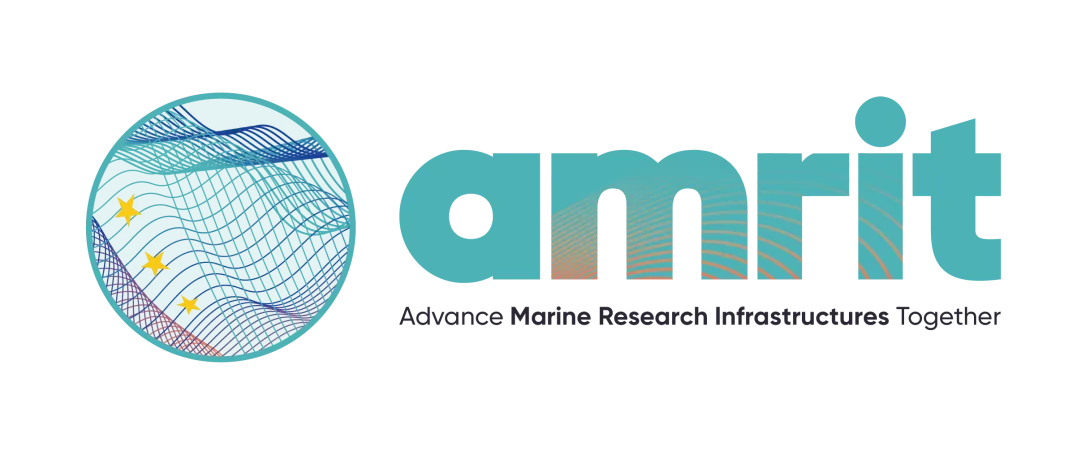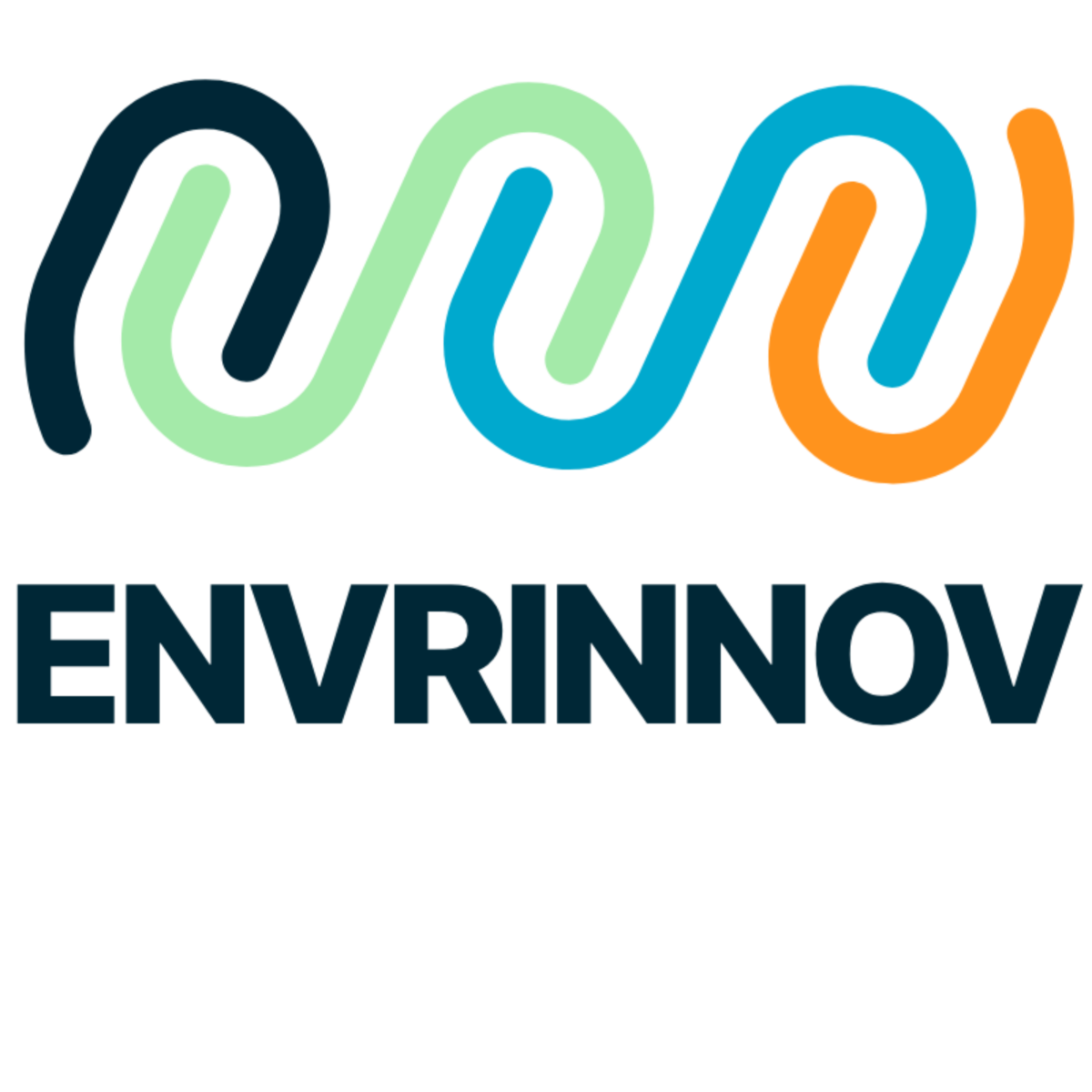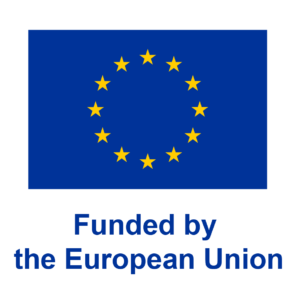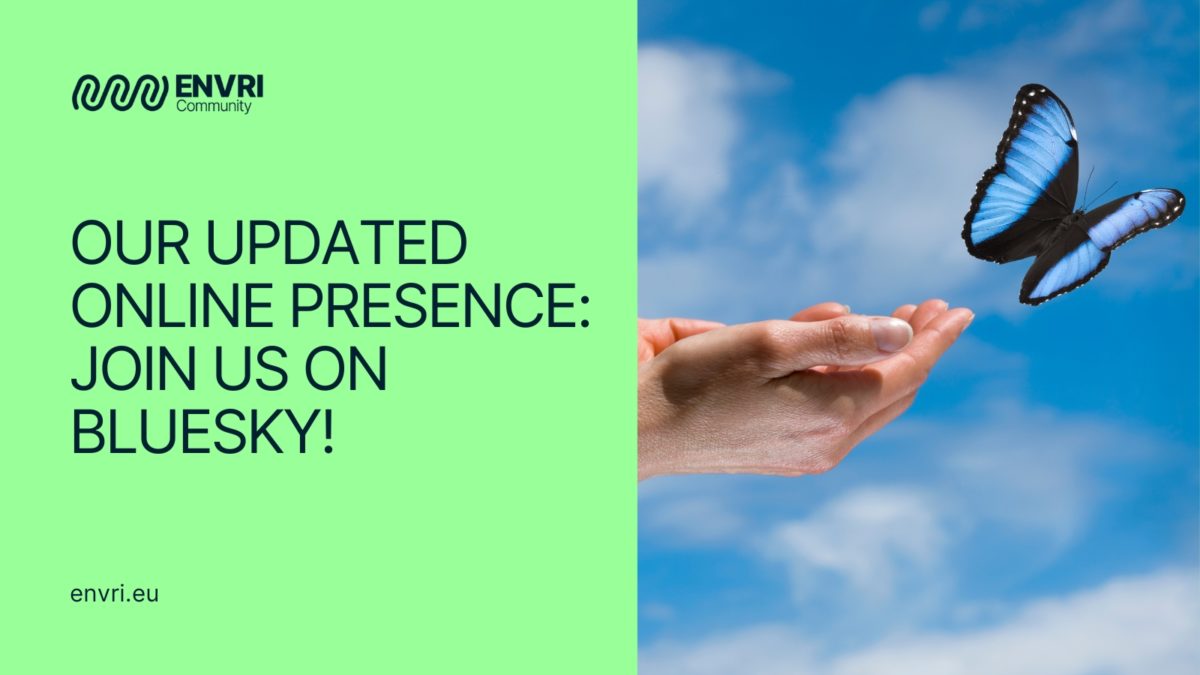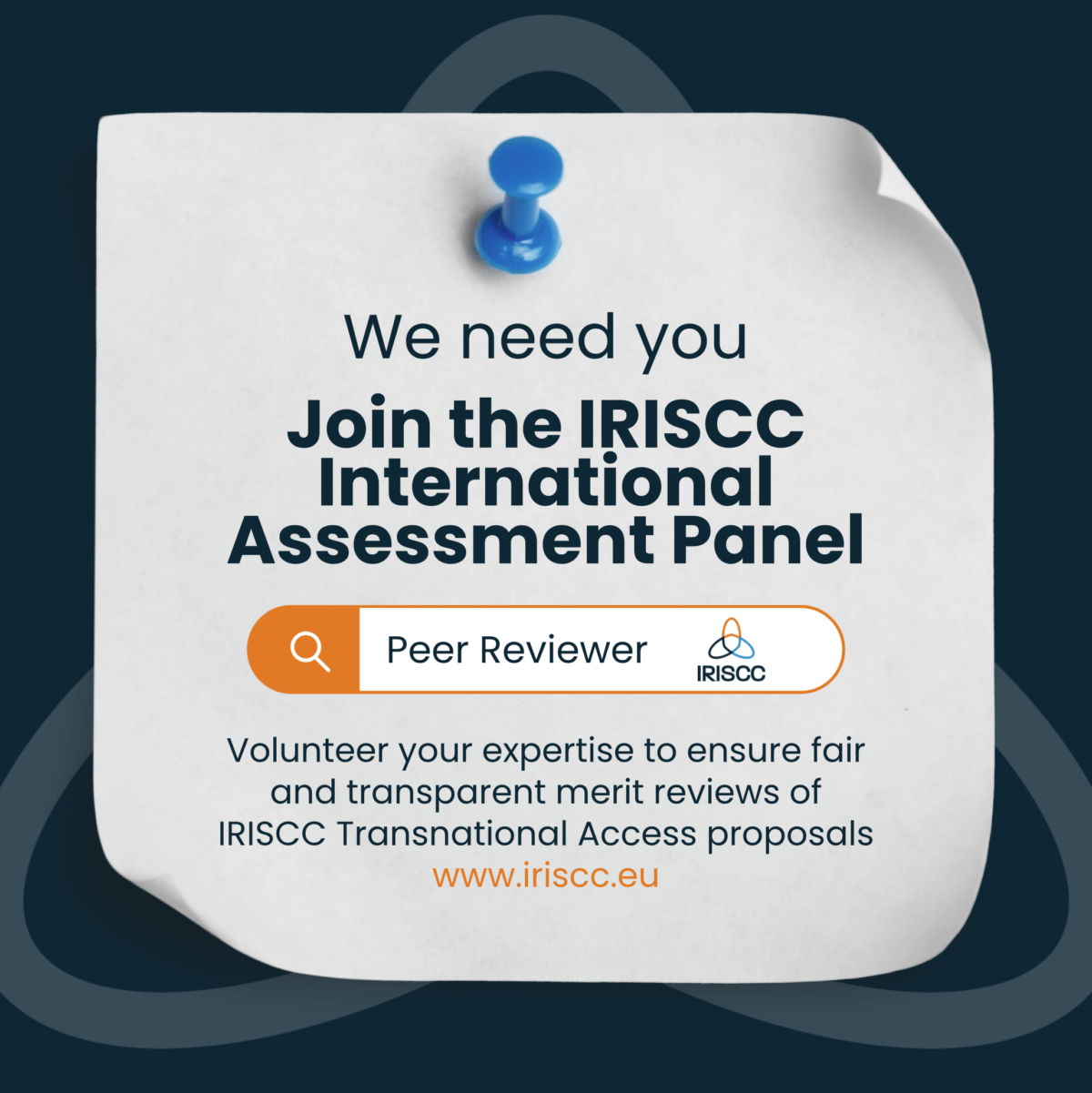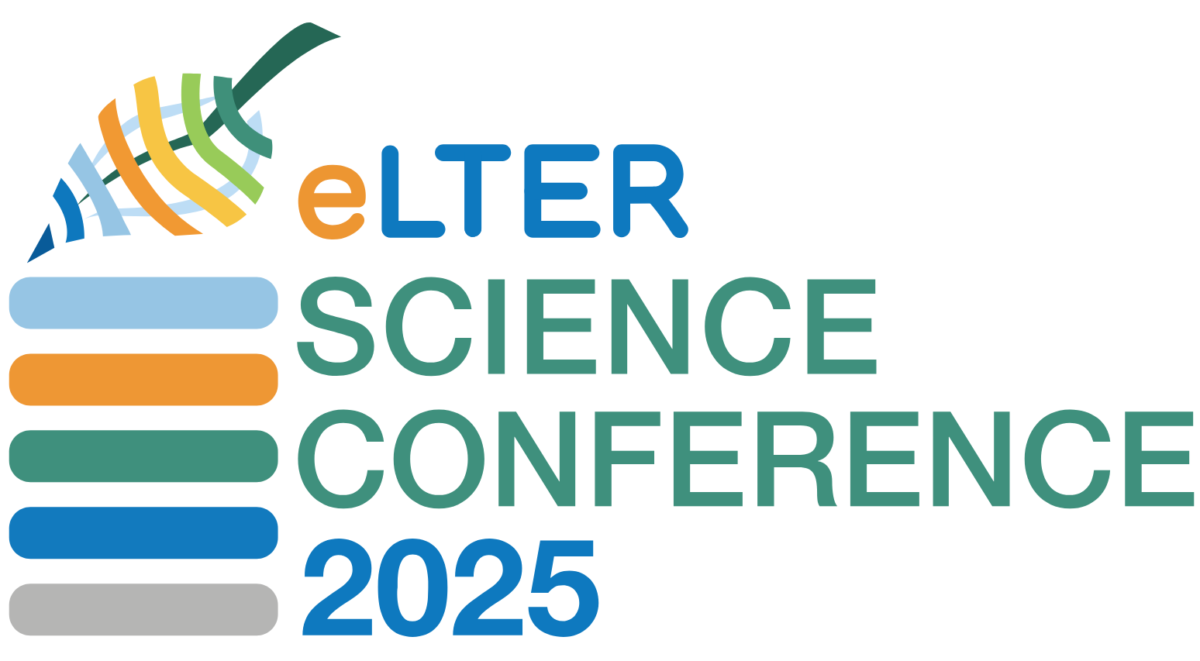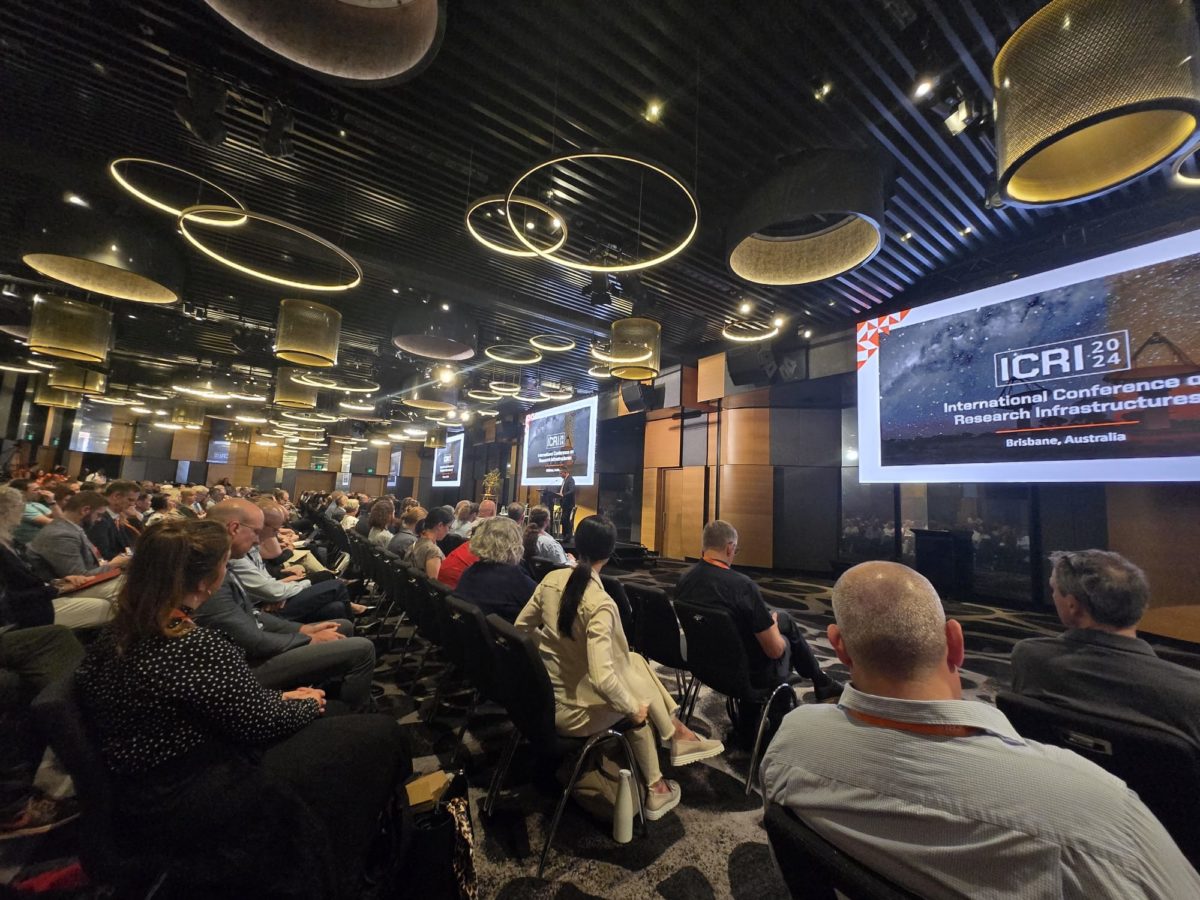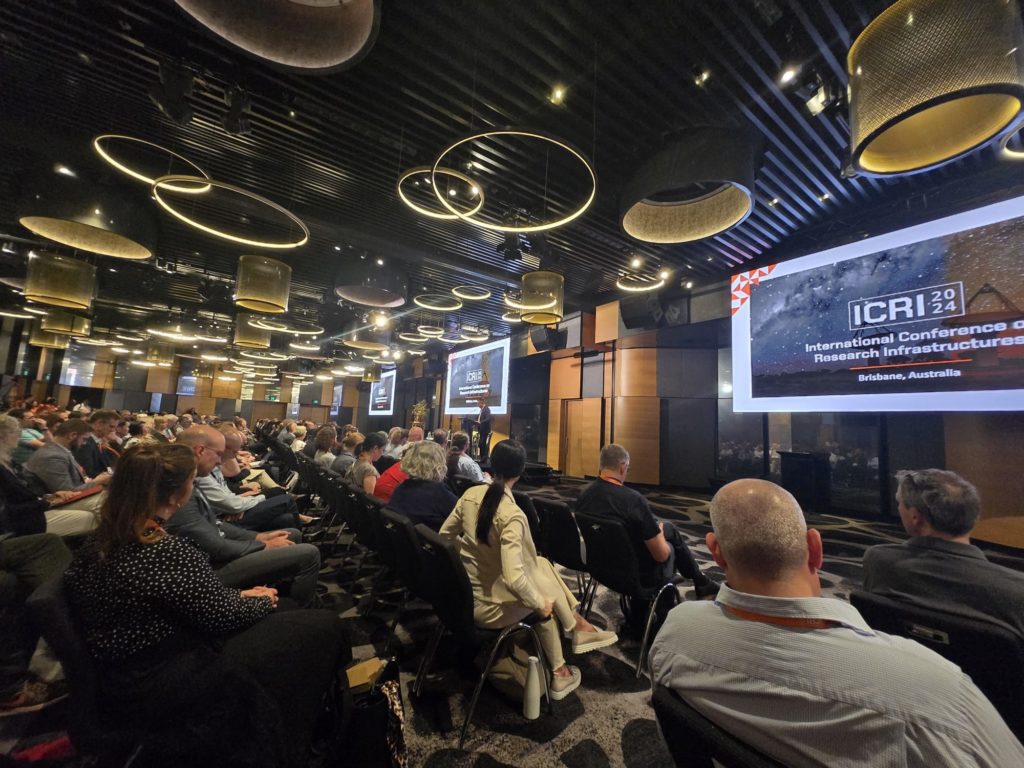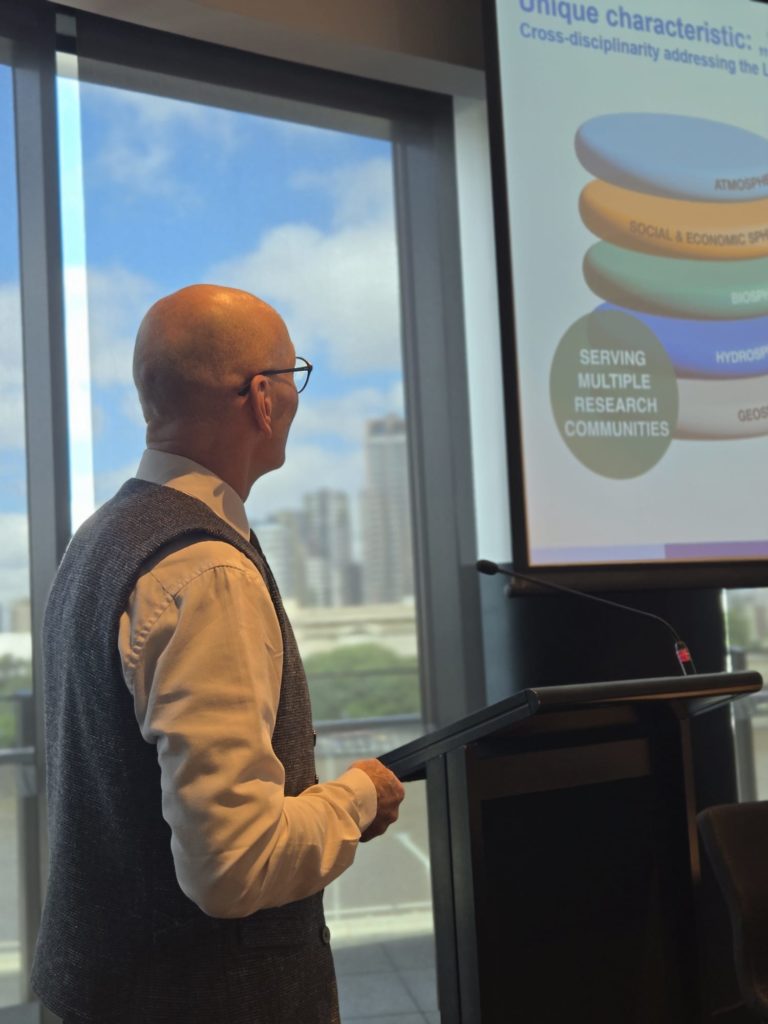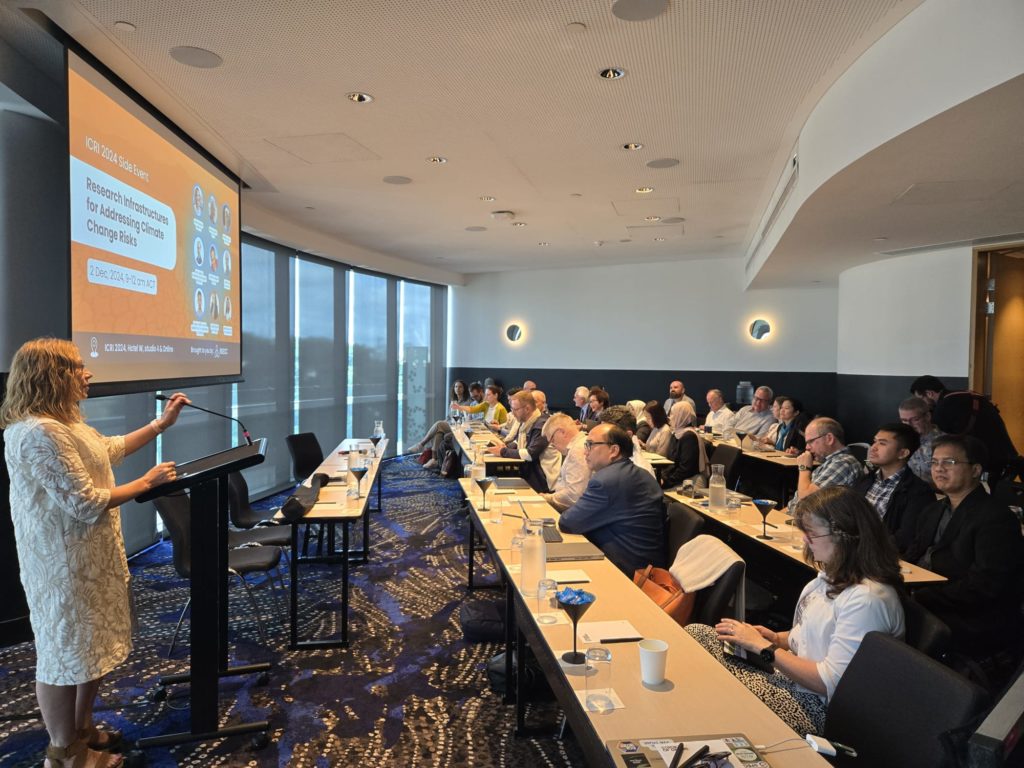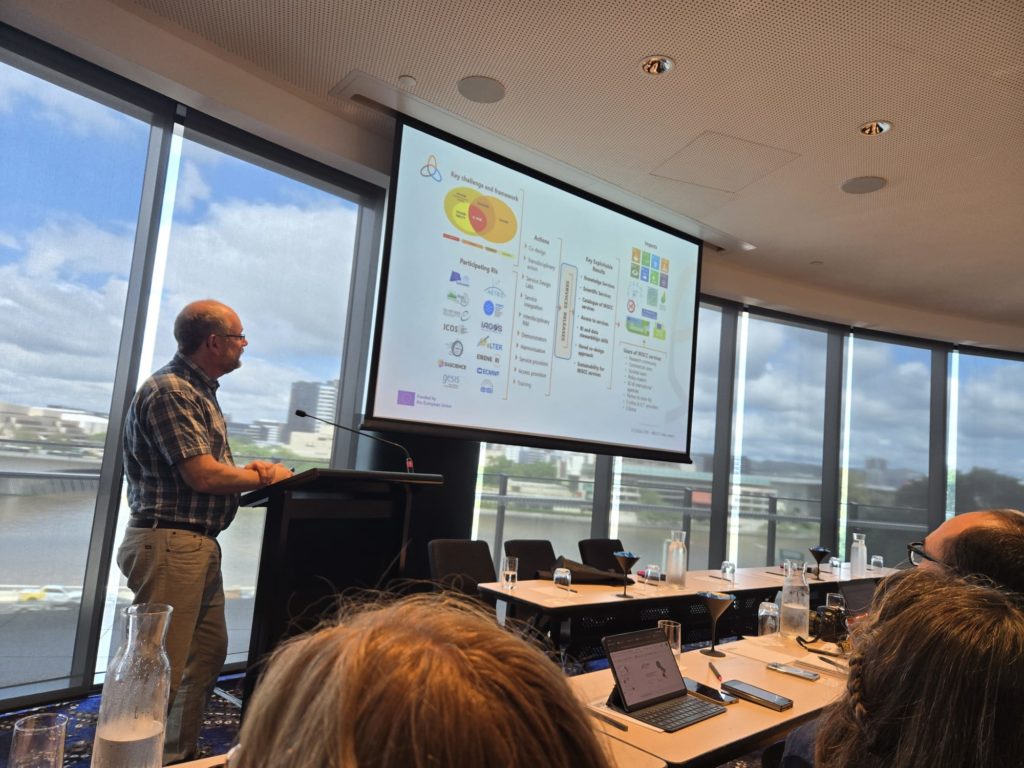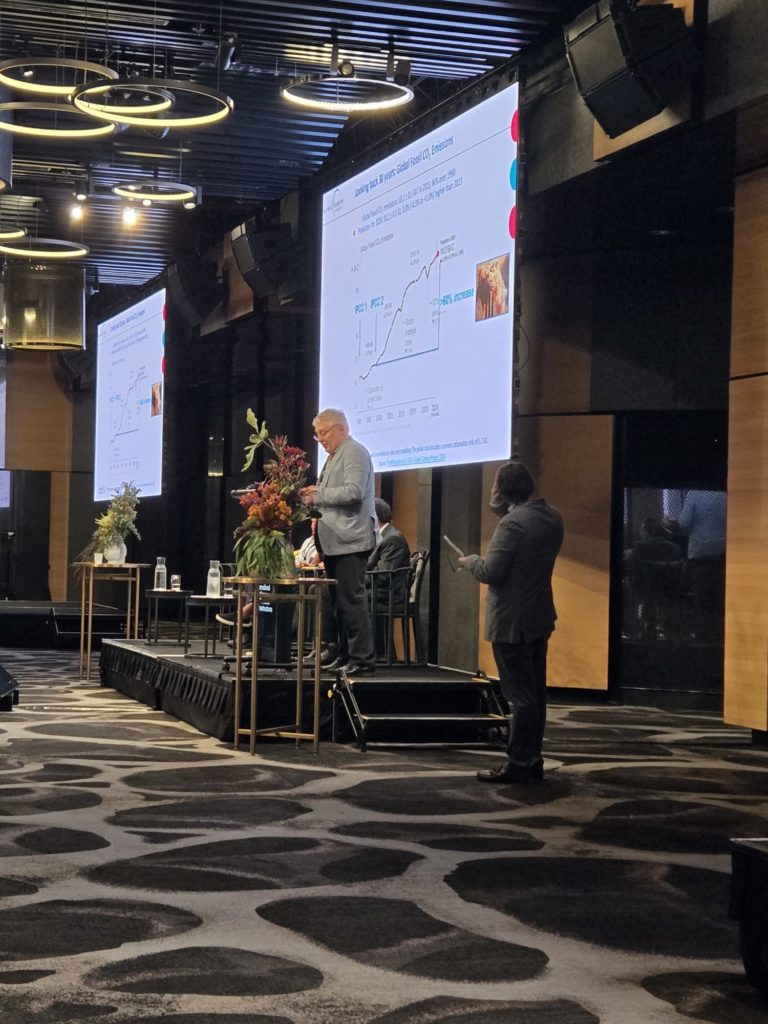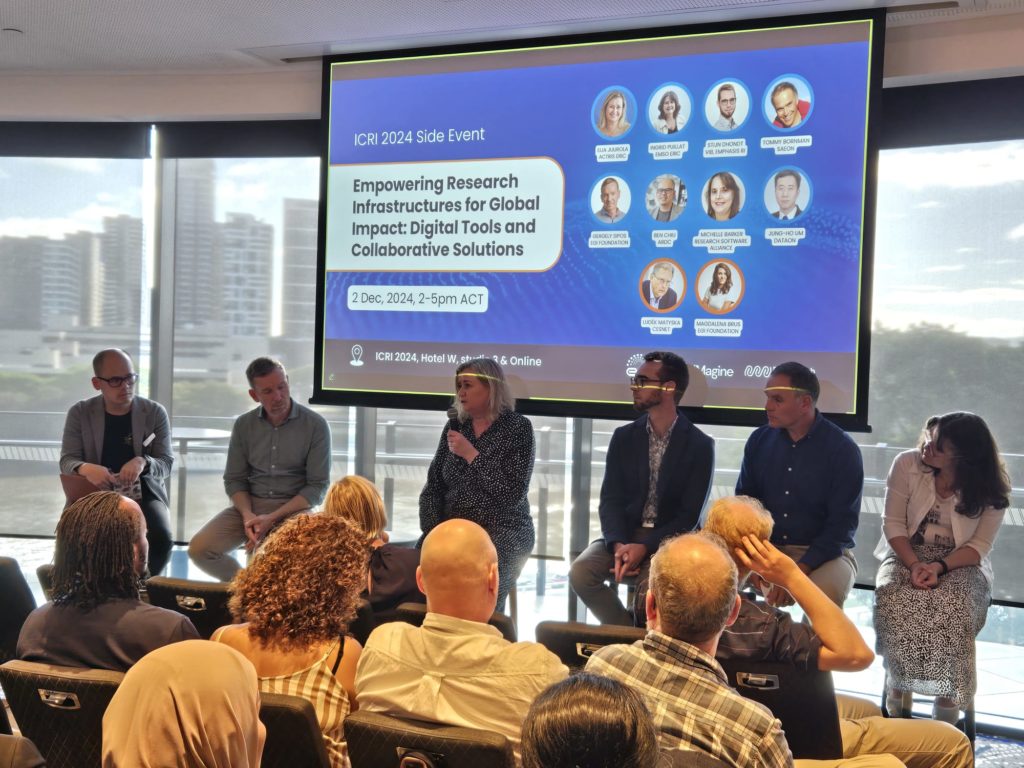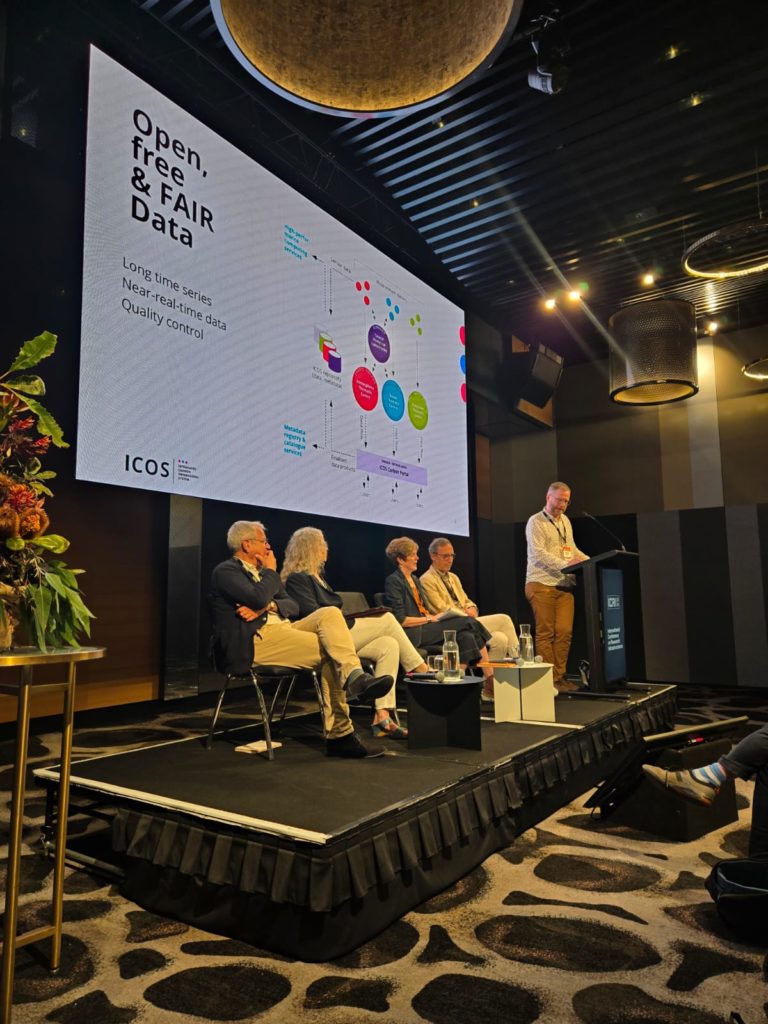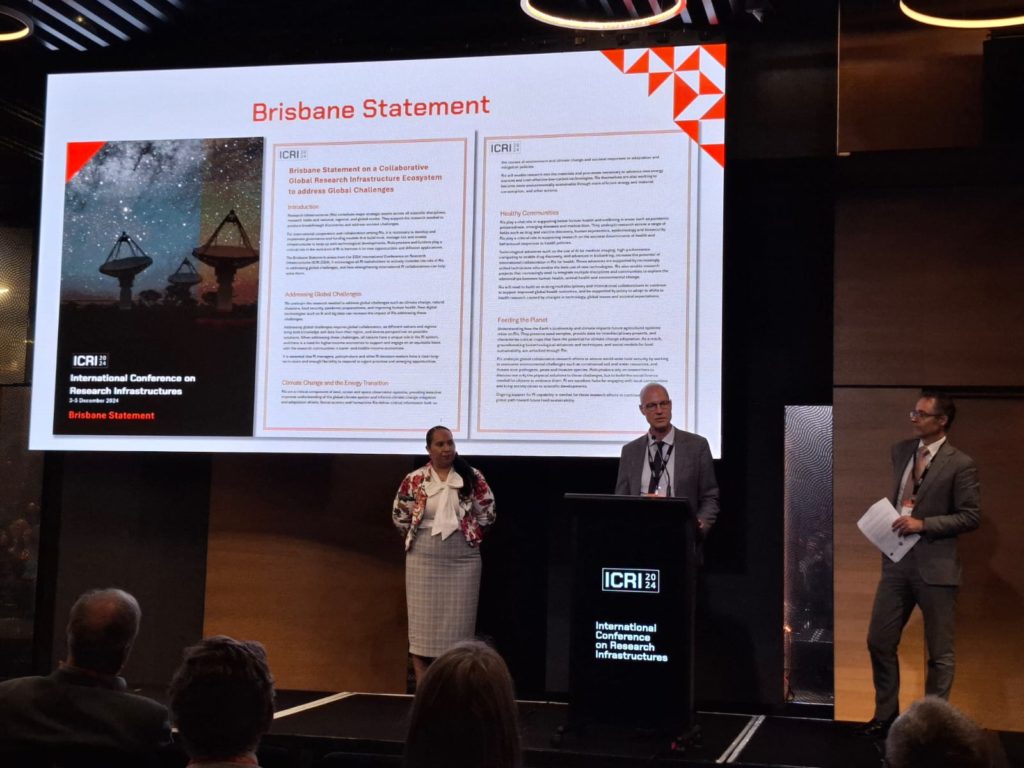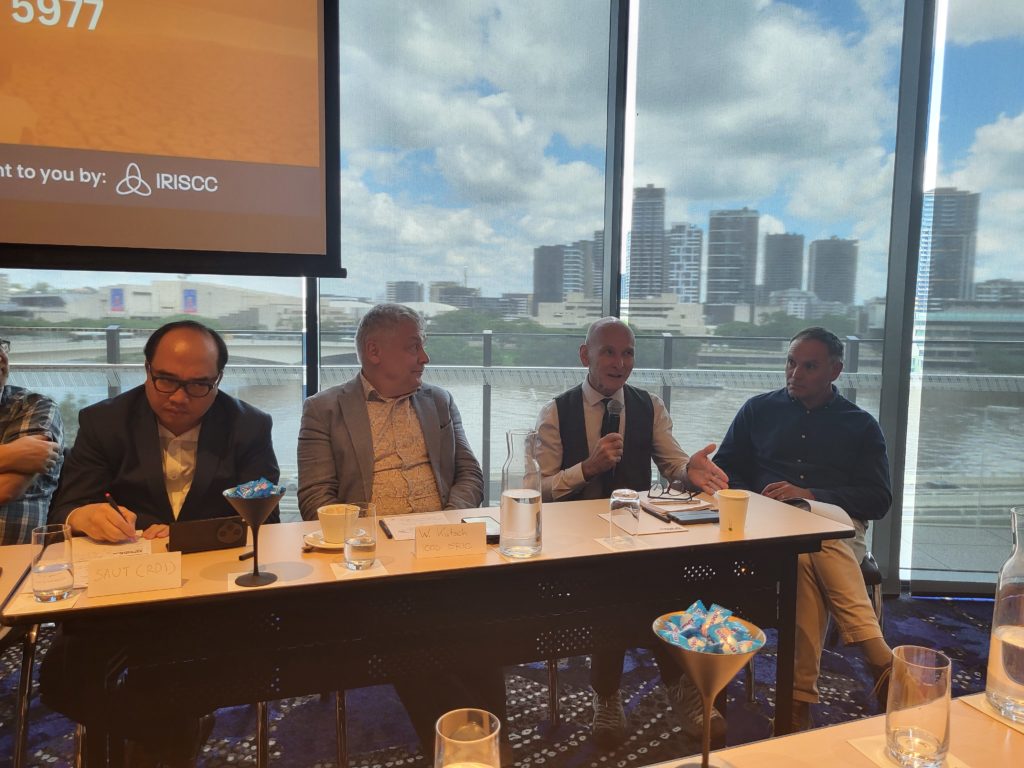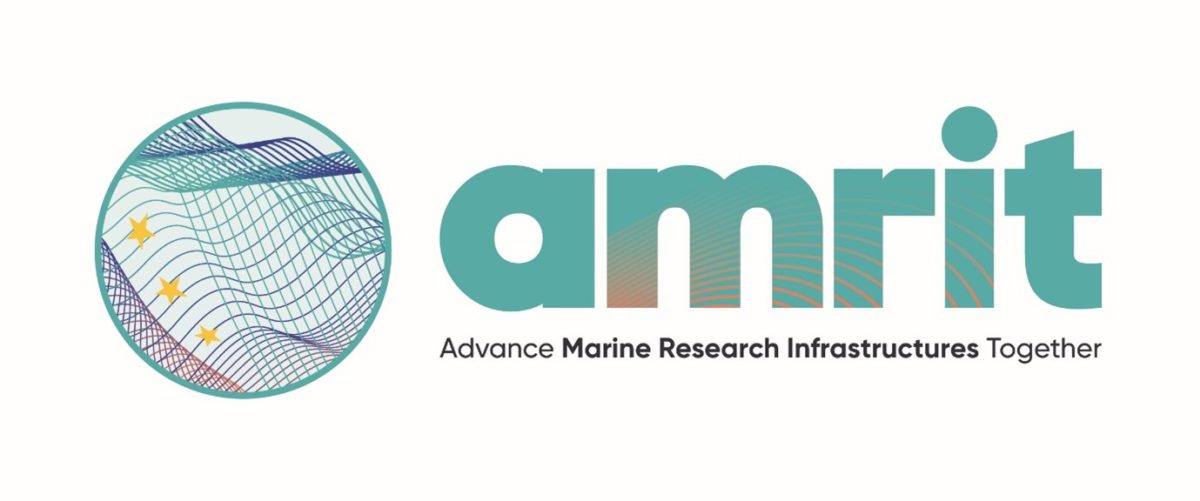Introduction
The Horizon Europe-funded project “ENVRINNOV – ENVironment Research Infrastructures Innovation Roadmap,” coordinated by CARE-C at The Cyprus Institute, is working towards developing a common Innovation Roadmap for the environmental research infrastructures (ENVRIs) community. To ensure that all components of the project have a shared understanding of concepts such as Innovation, Technology Transfer, and Industrial Approach, ACTRIS-FR (CNRS), as part of ENVRINNOV-WP3-T3.2 “Capacity Building strategy for Innovation”, evaluated the needs and gaps of the community related to their knowledge on innovation.
To do so, ACTRIS-FR conducted a survey and a consultation to assess the current training landscape and evaluate training needs in parallel to desk research to list relevant trainings.
The results and analysis of these initiatives help us define the types of training that ENVRI participants need, how they prefer the training to be delivered, and how we can maximize the impact of the training.
About the Survey
A quantitative survey was designed in collaboration with WP3 partners. It was launched online via Microsoft Forms in July 2024 and is open until the end of September 2024. In total, 47 answers from 14 ENVRIs (out of 26 Ris involved in the community) were collected. We note an uneven representation -thus the responses do not represent all Research Infrastructures (RIs) or domains evenly :
- Terrestrial Ecosystem/Biodiversity: 5 RIs, 3 responses (2 RIs)
- Solid Earth: 1 RI, 0 responses
- Marine: 4 RIs, 3 responses (2 RIs)
- Atmosphere: 7 RIs, 13 responses (2 RIs)
- Multi-domain: 10 RIs, 28 responses (7 RIs)
Results
While knowledge of innovation and the creation of new services is relatively strong, respondents are less familiar with Technology Transfer, Technology Development, and moderately familiar with collaboration with industry.
- 51% of respondents indicated that there is an innovation support officer/program or similar structure to encourage innovation.
- 91% responded that their RI has initiatives related to innovation.
- 87% said their institute is working on developing new products or services.
- 85% are improving existing processes or methods.
- 87% are already collaborating with external partners.
Training Needs
- 69% expressed interest in training on Innovation Management, Technology Transfer, and Collaboration with Industry.
- 46% showed interest in Marketing and Communication.
The top three topics of interest were:
- Commercializing Research (Market analysis, opportunity scoping, and business model development) – 64%
- Engagement with the private sector – 51%
- Negotiating Collaboration Agreements and Contracts (including IPR) – 53%
Training Preferences
Most respondents prefer shorter, periodic training sessions rather than large events with multiple topics. They prefer live, small-group training sessions, either in person or online, with longer sessions lasting from one day to two or three days.
Finally, a significant number of respondents expressed interest in being informed about training opportunities through newsletters or personal invitations.
Resources
54% of respondents said they can access training through their institute.
To complete the survey desk research was conducted to list existing innovation training resources. This list will be part of the ENVRI Innovation toolbox developed in the project.
Consultation
To get more direct feedback and interaction with potential trainees, a study of the ACTRIS community’s interest in innovation-related issues was carried out at the ACTRIS Week in Matera last November 2024. This live consultation helped us better shape the training innovation programme. Indeed, the question-and-answer session that followed the live slido survey facilitated a discussion between all stakeholders involved in the RI. Some members of the community do not necessarily feel directly concerned by these issues, as they are seen as additional to their existing scientific, technical, and administrative responsibilities. To address this, organizing an information session highlighting the importance of fostering innovation within ENVRIs could be a valuable first step. Such a session could showcase the tools available to support the community in creating an innovative ecosystem.
More detailed results can be found at this
Get Involved!
A first training session will be organized during EGU 2025 as a splinter session on Wednesday morning, 30 April 2025.
This session aims to:
– Provide a general introduction to the concept of innovation in the context of ENVRIs, and how it can benefit RIs and the ecosystem.
– Demonstrate how the ENVRINNOV project can support ENVRIs in their innovation process.
– Explore ways of enhancing communication and collaboration between ENVRIs and the private sector as a means to accelerate innovation.
We warmly invite all members of the ENVRI community, as well as anyone interested in innovation in environmental research infrastructures, to participate in this interactive and engaging pilot training session. Feedback from this first session will help shape further training to be made available to the community.
Interested yet? Please express your interest by registering to this sign up form: https://forms.office.com/e/QRgHjAci5X
You can also join the ENVRInnov mailing list here to receive the most updated news on the project.
For any other enquiries get in touch via e-mail:
ENVRINNOV Project coordinators: Prof Jean Sciare- email: j.sciare@cyi.ac.cy, Marina Papageorgiou- email: m.papageorgiou@cyi.ac.cy
For this specific task: Ariane Dubost: ariane.dubost@uca.fr or Flamine de Quatrebarbes: flamine.de_quatrebarbes@uca.fr
For more information and to follow-ups, please visit the ENVRInnov project website.
This news item was developed in alignment with ENVRINNOV Milestone MS3.3: Capacity building needs & gaps and available resources (M12). The ENVRINNOV project has received funding from the European Union’s Horizon Europe research and innovation programme under grant agreement no 101131426. Views and opinions expressed are however of those of the author(s) only and do not necessarily reflect those of the European Union or REA. Neither the European Union nor the granting authority can be held responsible for them.
MS3.3 Capacity building needs & gaps and available resources



